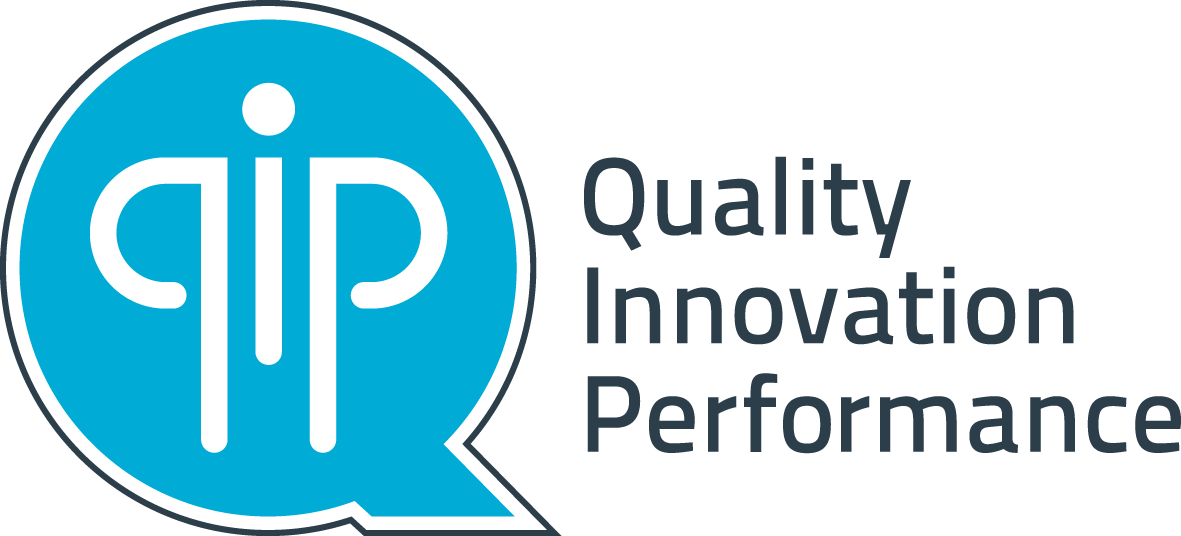National Safety and Quality Health Service (NSQHS) Standards
National Safety and Quality Health Service (NSQHS) Standards
The National Safety and Quality Health Service (NSQHS) Standards were developed and are governed by the Australian Commission on Safety and Quality in Health Care (the Commission or ACSQHC) as part of the Australian Health Service Safety and Quality Accreditation (AHSSQA) Scheme. The NSQHS Standards and AHSSQA Scheme are designed to deliver a consistent level of safe and high-quality care across national health services in Australia.
The AHSSQA Scheme aims to provide national coordination of accreditation processes across Australian health service organisations. To achieve accreditation as part of the AHSSQA Scheme, health services are independently assessed against the NSQHS Standards.
QIP is approved as an accrediting agency under the AHSSQA Scheme to accredit against the NSQHS Standards
Recognising the challenges faced by health services on a daily basis, QIP’s accreditation service model streamlines the NSQHS Standards accreditation process. This provides services with more time to focus on their patients, staff and journey of continuous quality improvement.
Our team understand the significant process changes implemented on 1 July 2023 for those health services required to undergo short-notice assessments. Please scroll down for further details.
QIP Client Benefits
Personalised Support
Unlimited personalised support, at no additional cost
Systems & Software
Tailored and user-friendly software systems to guide assessment preparations
Education & training
Education & training to enhance knowledge and assessment requirements
The NSQHS Standards (second edition)
The eight NSQHS Standards were developed to drive the implementation of safety and quality systems, and improvements to the quality of healthcare in Australia. They provide a mechanism to enable the systematic review of complex systems and a way of tracking changes in the safety and quality of patient care.
Each of the areas and elements of the Standards, including indicators, aim for the following:
Protect
Protect the public from harm
Improve
Improve the quality of health service provision
Systems
Tests whether relevant systems are in place
Safety
Ensures minimum standard of safety & quality
Enhance
Allows health services to achieve goals
Protect
Protect the public from harm
Improve
Improve the quality of health service provision
Systems
Tests whether relevant systems are in place
Safety
Ensures minimum standard of safety & quality
Enhance
Allows health services to achieve goals
The second edition of the NSQHS Standards provide a mechanism to enable the systematic review of complex health service organisations’ systems and a way of tracking the quality and safety of patient care. They provide a nationally consistent statement about the level of care consumers can expect from health service organisations across Australia.
Accreditation against the NSQHS Standards (second edition) started from 1 January 2019.
The second edition addresses important gaps identified in the first edition, including mental health and cognitive impairment, health literacy, end-of-life care and Aboriginal and Torres Strait Islander health. The second edition aims to be easier to understand and implement, however the bar for assessments of health service organisations has been raised.
The second edition is clearer, with duplication reduced by combining relevant standards and actions. The second edition has eight standards and 148 actions, compared to the first edition’s ten standards and 256 actions.
Download QIP's NSQHS Standards brochure here
Short-notice assessments
In January 2023, the Commission announced the mandated requirement for short-notice accreditation assessments as part of the NSQHS Standards assessment process - for licensed hospitals and day procedure services.
For health services which fall outside of the Commission’s licensing requirements, mandated short-notice assessments do not currently apply, unless the governing regulator or funding body specifies this as a requirement.
Short-notice assessments commenced on 1 July 2023, replacing existing announced and voluntary short-notice assessments for all health service organisations where licencing requires accreditation to the NSQHS Standards.
This change intends to ensure that the assessment outcome reflects day-to-day practice, identifies gaps and supports hospitals and day procedure services to improve safety and quality systems and processes.
The QIP Team is working with the Commission and our clients to ensure we can confidently support these services to prepare for the transition to short-notice assessments.
For personalised assistance or to learn more contact our team.
Multi-Purpose Services (MPS) Program
The Multi-Purpose Services (MPS) Program is a joint initiative of the Australian Government and state and territory governments. It integrates health and aged care services for small, regional, and remote communities. Recognised by the Australian Government, MPS facilities are assessed against the National Safety and Quality Health Service (NSQHS) Standards and the MPS Aged Care Module. This integration exempts them from separate assessments against the Aged Care Quality Standards. The MPS Aged Care Module specifies six actions to meet specific aged care quality requirements not covered by the NSQHS Standards, ensuring streamlined compliance and high standards of care across all services provided.
QIP offers comprehensive support to MPS facilities through personalised guidance, preparation resources for NSQHS Standards and the MPS Aged Care Module, and ongoing partnership throughout the accreditation cycle.
For personalised assistance or to learn more contact our team.
NSQHS Standards for Ambulance Health Services
QIP offers accreditation against the NSQHS Standards tailored specifically for Ambulance Health Services. This application of the NSQHS Standards ensures ambulance services achieve and uphold the highest levels of safety and quality across diverse operational settings. The Ambulance Health Services module aligns with the same core standards and actions applied to other healthcare services, with certain standards marked as non-applicable to recognise the unique operational context of ambulance operations.
Accrediting to these standards underscores a commitment to excellence in pre-hospital care and patient transport, positioning quality and safety at the forefront of ambulance service operations. QIP supports ambulance services by offering tailored guidance and resources that address the unique requirements of emergency response and patient transport. You can also learn more about the NSQHS Standards Guide for Ambulance Health Services on the Commission's website here.
For personalised assistance or to learn more contact our team.
Who needs accreditation against the NSQHS Standards ?
QIP provides NSQHS Standards frameworks for a variety of allied and specialised health service organisations and providers across Australia. The healthcare services must be assessed and accredited to the NSQHS Standards:
All public and private hospitals must be accredited against the NSQHS Standards
All licenced day procedure services must be accredited against the NSQHS Standards
All public dental services must be accredited against the NSQHS Standards
All New South Wales (NSW) cosmetic medical and surgical facilities
Healthcare organisations that would benefit from voluntary accreditation against the NSQHS to ensure their service(s) and their quality management systems are assessed and rated to a national quality standard or national quality framework include:
- Private dental practices, (refer to our Private Dental Practices page)
- Allied health services including audiology services, physiotherapy practices, podiatry practices, specialised health services,
- Organisations seeking specific funding arrangements from state and territory government departments
- Community health services, and
- Transport services.
The NSQHS Standards apply to organisations that deliver direct patient and consumer care. Organisations that provide consultancy or indirect services, without direct patient care, are not eligible to be assessed against these Standards.
NSQHS Standards (second edition) topics
Helping you transition to the NSQHS Standards (second edition)
The following videos were developed to assist health services during their transition to the second edition of the NSQHS Standards. Despite this, the content in these videos still provides a helpful overview of the streamlined eight standards.

